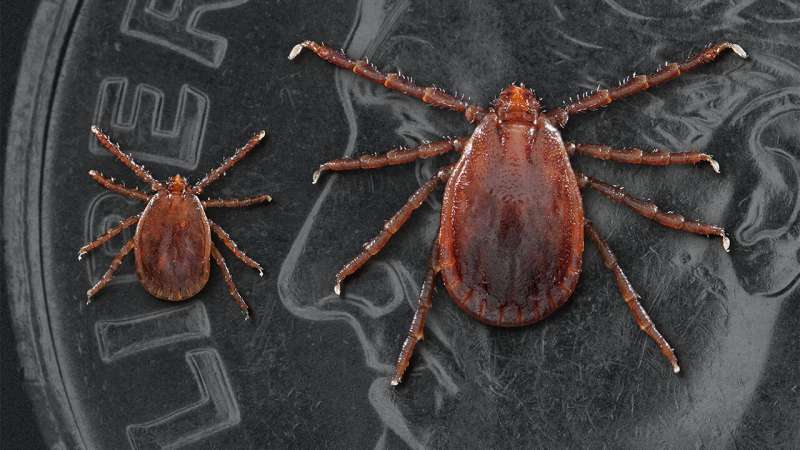BROOKINGS, S.D. -- The USDA's National Institute of Food and Agriculture (NIFA) has awarded animal health company Medgene grant funding to study the Asian longhorned tick and its ability to spread diseases in animal livestock. The company will be using its proprietary platform technology to develop and test vaccine approaches to prevent the spread of diseases caused by the tick.
"Animal parasites and insects are major disease vectors that have significant impacts on wild animals and livestock."
Dr. Alan Young, Chief Technology Officer for Medgene, has been researching parasite borne diseases since 2013, studying the effects of tickborne diseases in whitetail deer. "Animal parasites and insects are major disease vectors that have significant impacts on wild animals and livestock. This partnership with USDA-NIFA shows the agency's awareness and dedication to addressing animal health concerns in the United States."
Medgene's vaccine approaches leverage a USDA-approved "platform technology" that is safely and easily adapted to multiple animal disease targets. The result is the development of vaccines and an understanding of how diseases move within species and geography within a fraction of the time of traditional vaccine approaches.
Medgene received the award notice from USDA-NIFA in April and will begin field research this summer. The eight-month study will be conducted in conjunction with an independently-operated research facility and supported by an international team of recognized experts in tickborne diseases.
"I believe Medgene's research addresses an unmet need in an industry that is in desperate need of more effective methods to control ticks and tickborne diseases," stated Jose d la Fuente, PhD, Professor of Molecular Biology & Biotechnology at the University of Castillia - La Mancha in Ciudad Real, Spain.
Medgene will incorporate the results of this research into its current platform technology-based vaccine portfolio and ultimately apply these findings to other tickborne diseases, such as Lyme Disease and Rocky Mountain Spotted Fever.














